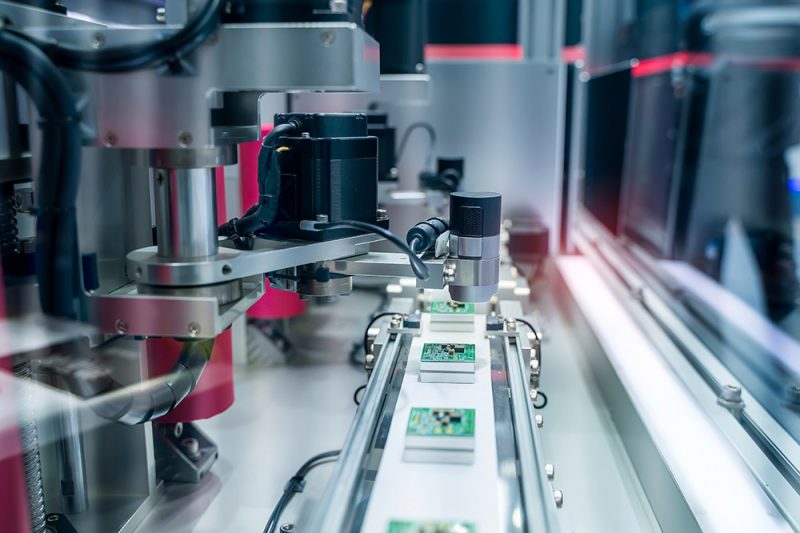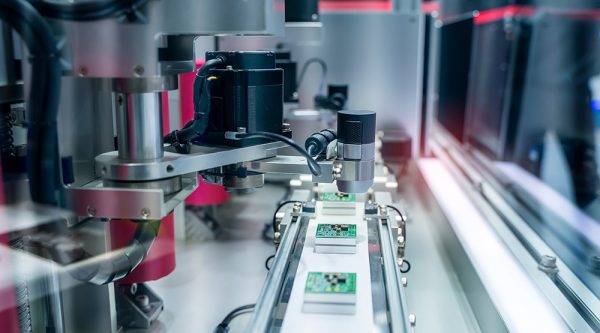
This site
is mobile
responsive
Shifting customer demands, changing global landscape and continuous technology enhancement are crucial elements that shape the role, processes and capabilities of the electronic manufacturing services (EMS) industry. Printed circuit board (PCB) assembly is the primary manufacturing activity of EMS companies, and this segment is continuously evolving as components are being consistently minusculed with the introduction of more compact new devices. This, in turn, requires changes to be made to the process of mounting electrical components to the PCB such as the Surface Mount Technologies (SMT) to ensure the final assembled PCB is equipped to be used in complex and high technology products.
Malaysia, with its esteemed reputation for an abundance of a well-trained workforce, developed infrastructure, efficient telecommunication systems and continued commitment to R&D, presents an attractive location for EMS providers. The country’s sound information technology infrastructure also enables EMS companies to tap onto opportunities in virtual manufacturing and Industry 4.0 implementation.
These two growth areas represent exciting opportunities arising from the rapid advancements in the cyber world and its borderless society.
Leading EMS companies, many of whom rank among the top 50 companies worldwide have established their footprint in Malaysia. These include Jabil, Sanmina-SCI, Plexus, Celestica, Flextronics and Benchmark.
Homegrown EMS companies such as BCM and Scope Manufacturer (M) Sdn. Bhd. have also established their niche as notable EMS providers, particularly in the PCBA industry. Other local champions such as Globetronics and Carsem are renowned players in the EMS supply chain, providing their expertise in the area of integrated circuits and semiconductor packaging.

Today, the PCB assembly industry is in a state of disruption. With product life cycles becoming increasingly shorter, there is an urgent need to create ingenious products and services with superior cost-effectiveness and agile adaptability.
With constant innovations, it is no surprise that the EMS industry outspends all other industries in research and development (R&D) and has a track record of consistent spending in design and development (D&D). EMS providers have also been more tenacious in implementing strategic initiatives to remain competitive and successful worldwide. This includes the implementation of the big data analytics, automation and improved connectivity efficiencies of Industry 4.0 to make manufacturing and the supply chain ‘smart’.
Many multinational and local companies have started their journey of adopting automation and Industry 4.0 elements to remain relevant in the future. Made to order, smart materials, collaborative working and Industry 4.0 technology are some key areas EMS companies need to prioritise to ensure continual success. Additionally, EMS companies also need to expand their capabilities to be ubiquitous, remaining relevant for the increasingly diverse customer segments.
More Malaysian-based EMS companies are expected to jump on the bandwagon and review their current operations in line with the changing industry demands. The Government’s facilities such as the accelerated capital allowances over two-year period on machinery and equipment including ICT, Industry 4.0 (Industry4WRD) incentive, intervention fund, domestic investment strategic fund (DISF) and high impact fund are already in place. Companies should take advantage of all available facilities and programmes that are made available by the Government to grow their high value and substantive activities in the country and be reliable suppliers in the global supply chain network. Find out more on Malaysia’s Industry4wrd initiatives at https://www.mida.gov.my/home/industry4wrd-incentives/posts/.
